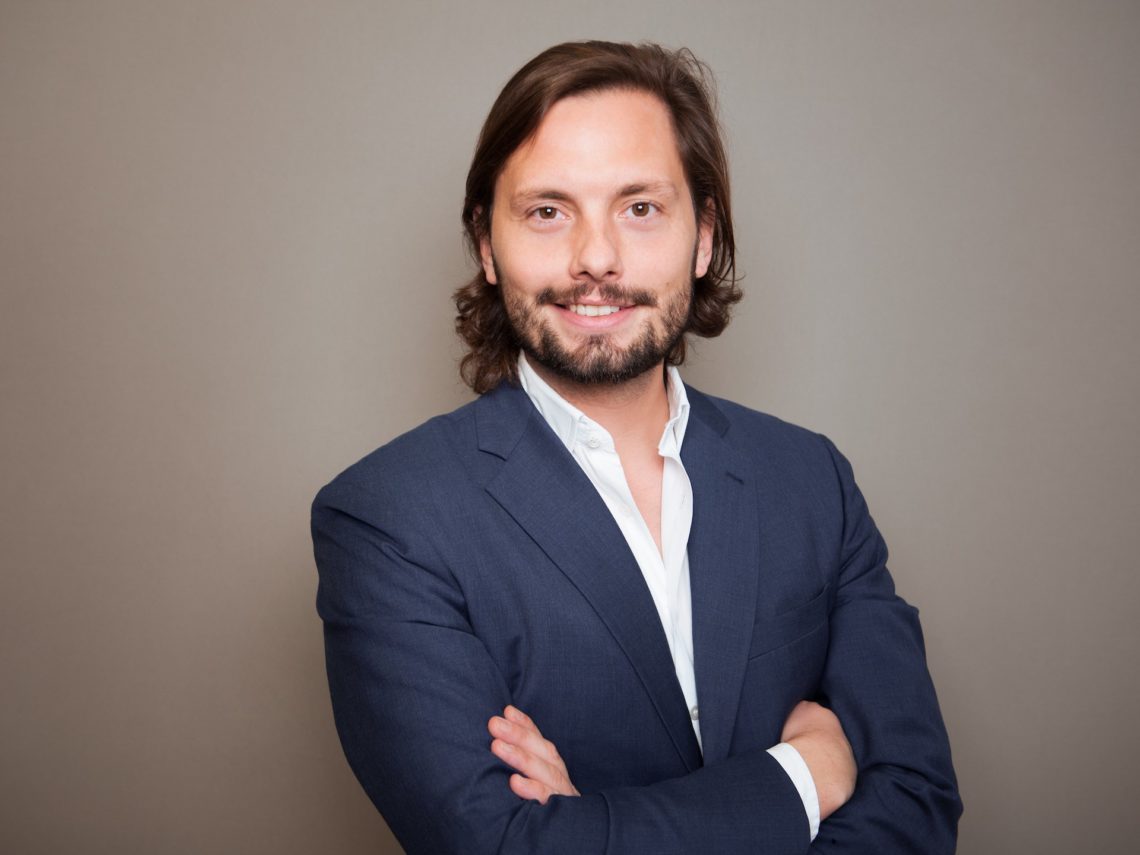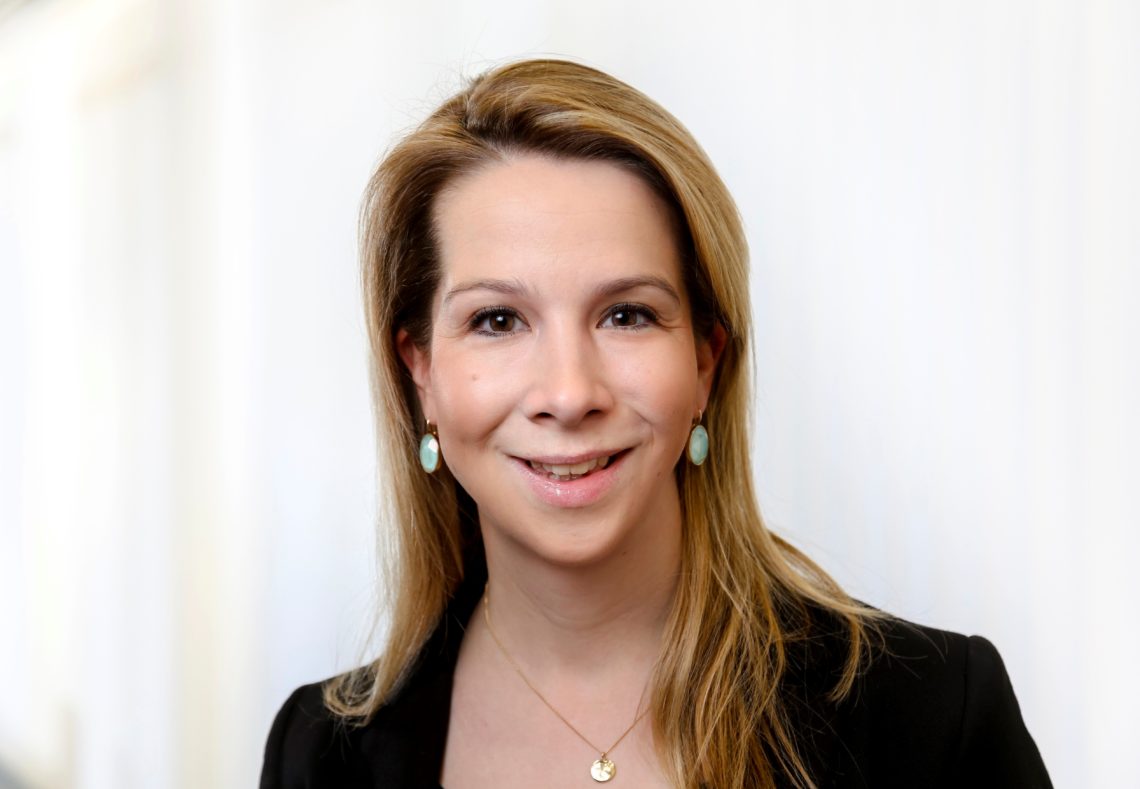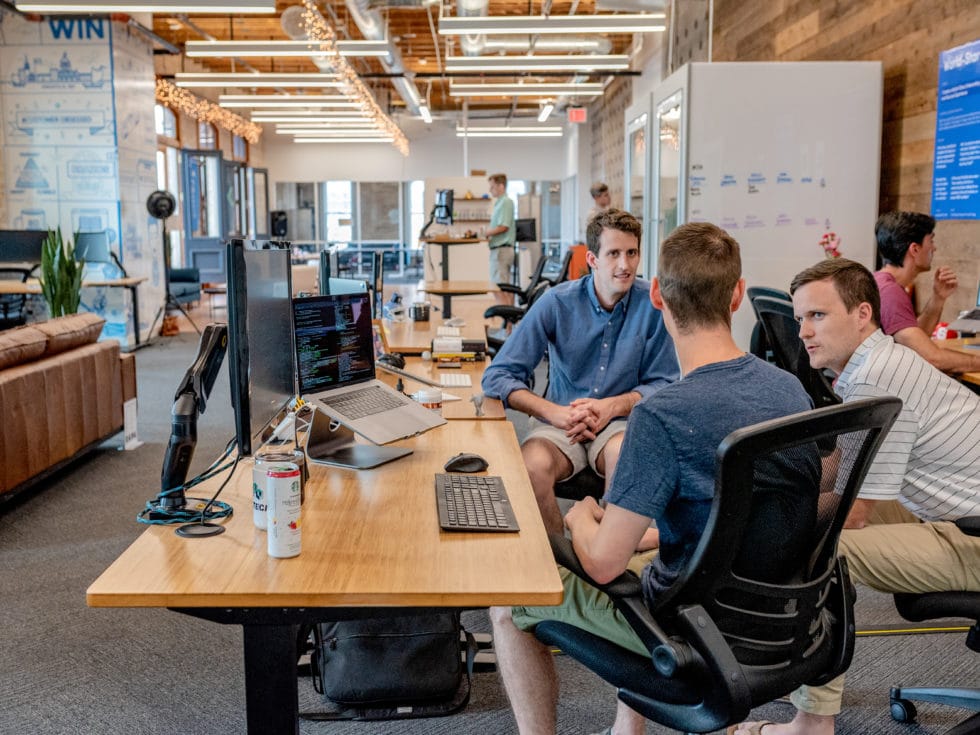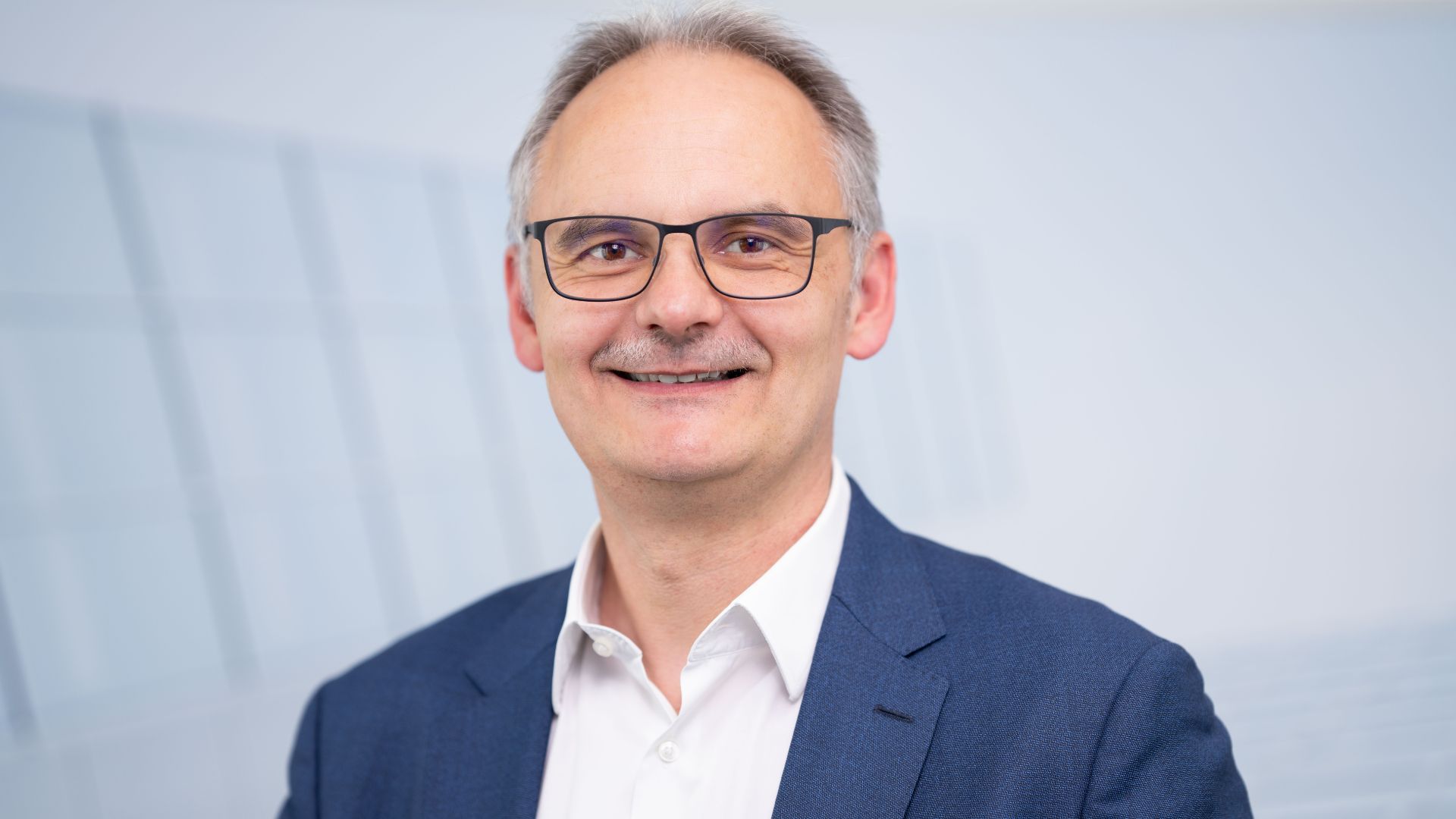How can I find the right tech-talent? Two case studies
What experiences do people make who are busy every day finding the right tech colleagues for their company? Does a talent shortage really exist in Germany or was it just invented by the consulting companies? Do Fintechs look differently for employees than established banks? And which incentives do digital talents need in order to commit themselves to a company?
Therefore, I talked to Friderike Schröder, Director people & organization at Ratepay, and Stephan Heller, founder and CEO of fincompare.
Do you have enough Tech-people in the company?
Friderike Schröder: Of our 240 employees, 80 are tech colleagues in the narrower sense. We are primarily looking for engineering and risk management colleagues who are familiar with machine learning, risk management, risk analytics, BI development and data science. At the moment, we would have to hire at least two to three new employees per month from these areas in order to achieve our Hiring goals.
Stephan Heller: About one third of our 75 permanent employees are tech colleagues, and recently we hired a whole bunch of new people. We have currently filled all the positions in the tech team, but are looking for talent in business intelligence, data science and product management.

Where do the employees come from?
Friderike Schröder: Our permanent tech colleagues come from different countries, for example from Poland, Russia or Greece. Here we find highly qualified employees from the fields of data science and machine learning, the training there is more progressive.
It is more difficult for us to find “normal” developers. Part of our requirements are covered by external consultants who are based in our company. We would like to hire many of them, but due to the high demand on the market they don´t tie themselves to one company.
Stephan Heller: The members of the tech team come from all kinds of countries, including Turkey, Ukraine, Brazil, Mexico and Egypt. The only woman in the team, a backend developer, comes from Iran. We would like to see greater diversity here, but unfortunately the talent market is not offering that at the moment. In our opinion, mixed teams perform better. We need more women in Germany who code!
Two colleagues are from Germany. We’ve experienced that German developers are often technically very good, but they often lack the experience to solve problems creatively – which is much in demand especially in a start-up company. Unfortunately, the training at the German universities is often very schooled.
How does the recruiting process work?

Friderike Schröder: Apart from the classic recruiting instruments, we use our employees as ambassadors for our company. They go to meet-ups, take part in industry events – so we always find good, new colleagues.
A lot works through recommendations; for example, our high quota of women has a great attraction for other, highly qualified women. In order to attract more qualified employees from abroad, we have changed our corporate language from German to bilingual, i.e. German and English. Previously, our net was too small.
Stephan Heller: We employ three full-time recruiters and hardly work together with headhunters. When recruiting employees, which we organize in sprints, we always concentrate on a single position and do not try to fill all available positions at the same time.
In order to find the best employees, our recruiting colleagues, but also our other employees, are very active, enter the developer networks and take part in Meet-Ups.
What is important to you, apart from qualifications, when hiring?
Friderike Schröder: Recruiting processes have changed a lot in all specialist areas – today it is only partly a question of what we want as a company, but we have to apply to the applicant as well.. For us as an employer, the focus is not so much on a candidate’s qualifications as on his or her experience and personality. Role models are constantly changing as a result of digital transformation anyway – who would have thought a few years ago that the market would be ripping itself apart for statisticians – so the willingness of an employee to learn and grow with us is the most important thing for us.
“Today, the focus is not so much on what we want as a company – we have to apply to the applicant.”
In order to test whether an applicant is suitable for us and his tasks, we give him a case during the application process, which he has to finish within two to three days.
Stephan Heller: We want to hire “SWANs” – Smart, Works hard, Ambitious, Nice. More important for us than certificates are creativity and empathy. At the moment, for example, nobody knows where the topic of artificial intelligence is heading, so it’s not enough to be familiar with computers.
Our recruitment process has multiple stages and takes a relatively long time. In addition to the classic job interviews, we do a personality test and give applicants a technical case to work on, for example a coding challenge.
We tend to work with experienced tech staff and don’t hire people directly from university; we get applicants who don’t have enough practical experience. Here, too, the problem is clearly with the university education. We ask both successful and rejected applicants for feedback on our recruitment process so that we can improve it further.
What do you offer your talents to make them want to work and stay with you?
Friderike Schröder: In our discussions we see that top talents have three main requirements:
- Creative leeway: Development opportunities and the opportunity to grow with us.
- Further education: conferences, specialist literature, exchange with other top talents and colleagues.
- Working environment: A team in which they can develop, a boss who encourages and inspires, high flexibility in working hours and location.
Our engineering colleagues is our technical standard very important, which must be “state of the art”. We pay salaries that are customary in the market, but these are not decisive when an applicant chooses us. To encourage cooperation between the teams, we offer language courses – English for our German colleagues and German for our foreign employees.

Stephan Heller: We cultivate a high-performance culture, which is why our employees who want to perform particularly well feel at home here. In my opinion, this is what most employees want, the longing for an exciting task and the challenge is cross-role.
Salaries are not decisive for us when a talent chooses us. However, we pay salaries that are in line with the market and adjust them constantly as our company grows.
In my experience, the most important thing for good tech people is that they can do meaningful work in a meaningful environment, that their personality and performance is seen and recognized. Every week I invite three colleagues and their partners to my home for dinner – this helps me to really get to know each employee.
What are the strengths and weaknesses of the locations Berlin and Germany?
Friderike Schröder: In Berlin we have a lot of rivalry in the competition for the best talents, the market is extremely competitive. This makes it even more important for us to sharpen our corporate values and communicate our employer brand to the outside world.
Ultimately, however, we have a very narrow target group – someone who is happy with us probably doesn’t fit in with the competition. In Germany, I think that bureaucracy and language barriers are a problem in the international competition for the best talent. Even if we speak English in the company – the employees at the citizen center don´t necessarily do that.
Stephan Heller: The big advantage of Berlin is that the city is world-famous. It is more difficult to attract talent from South America to Mönchengladbach or Emsdetten. Conversely, some German applicants don’t want to move to Berlin because of house and family.
“The big advantage of Berlin: the city is world-famous.”
If we want to create the digital transformation in Germany, we have to change a lot. This starts with school and university education – apart from universities such as Munich, Heidelberg and Karlsruhe, there are simply not enough good ones – and ends with infrastructure.
Applicants from Turkey are shocked when they see how bad the Internet is here. Fiber, 5G, LTE? Moreover, in Germany you should be able to get from A to B much faster, so: fast trains, airports well connected to the city centers.





